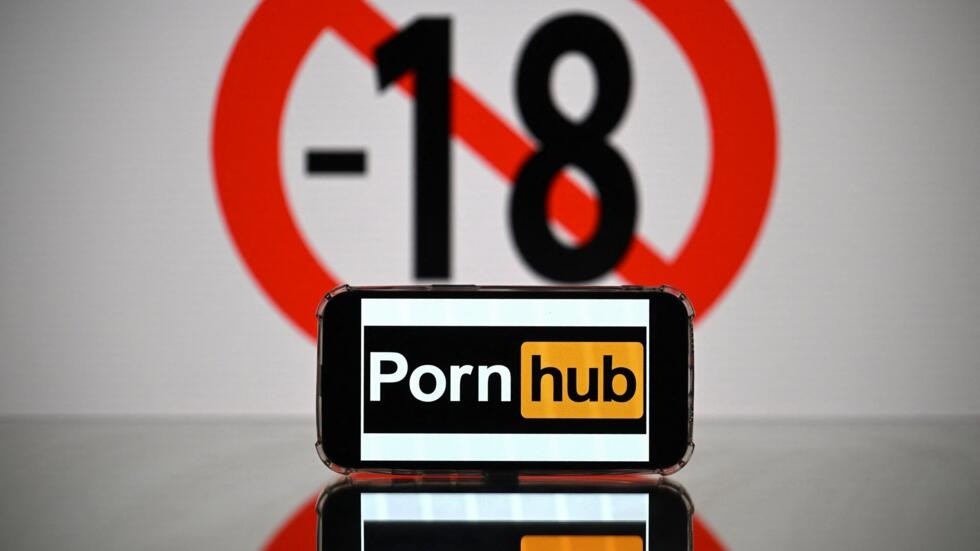FIGHT AGAINST PORNOGRAPHIC ONLINE PLATFORMS

By: ECLJ
Photo: France24
The ECLJ is committed to fighting the pornographic plague. To this end, we have campaigned for the European Commission to subject the major pornographic sites to the reinforced controls set out in the European Digital Services Act. This has now been achieved for three major pornographic platforms! The ECLJ welcomes this measure and is pleased with it, but will keep campaigning to extend this reinforced control to other such sites.
Adopted in October 2022, the Digital Services Act aims to “[ensure] a safe and accountable online environment” and to “put into practice the principle that what is illegal offline is illegal online.” It provides that websites with at least 45 million users per month in the European Union may be subject to enhanced obligations and control. The list of these “very large online platforms” is drawn up and regularly updated by the European Commission. The first list, published on 25 April 2023, included platforms such as Amazon, Facebook, Google or YouTube.
In its first update, the Commission has just added three major pornographic platforms to this list.
Generally speaking, this Regulation should enable illegal content to be removed quickly and on a massive scale, particularly when it is reported by “trusted flaggers”. It also requires websites to designate a legal representative in the European Union, which should make it easier to engage the responsibility of malicious actors hiding behind opaque structures.
In addition, the Regulation requires “very large online platforms” to, among others, annually assess systemic risks associated with their activities, particularly with regard to “the dissemination of illegal content”, “any actual or foreseeable negative effects for the exercise of fundamental rights, in particular […] respect for the rights of the child”, as well as “any actual or foreseeable negative effects in relation to gender-based violence, the protection of public health and minors and serious negative consequences to the person’s physical and mental well-being”. Consequently, they shall adopt “reasonable, proportionate and effective mitigation measures, tailored to the specific systemic risks”, which may include “(j) taking targeted measures to protect the rights of the child, including age verification and parental control tools […]”. In the event of a breach of the Regulation, penalties and obligations are not insignificant.
So, while access to pornography by minors is prohibited in the real world, the application of this Regulation to pornographic sites should provide greater protection for children against online exposure to content of this nature. More and more children are now falling victim to it, at an increasingly early age and with serious psychological and behavioral consequences.
The inclusion of three major pornographic platforms among the sites subject to the enhanced obligations set out in this European Regulation is a first victory.




